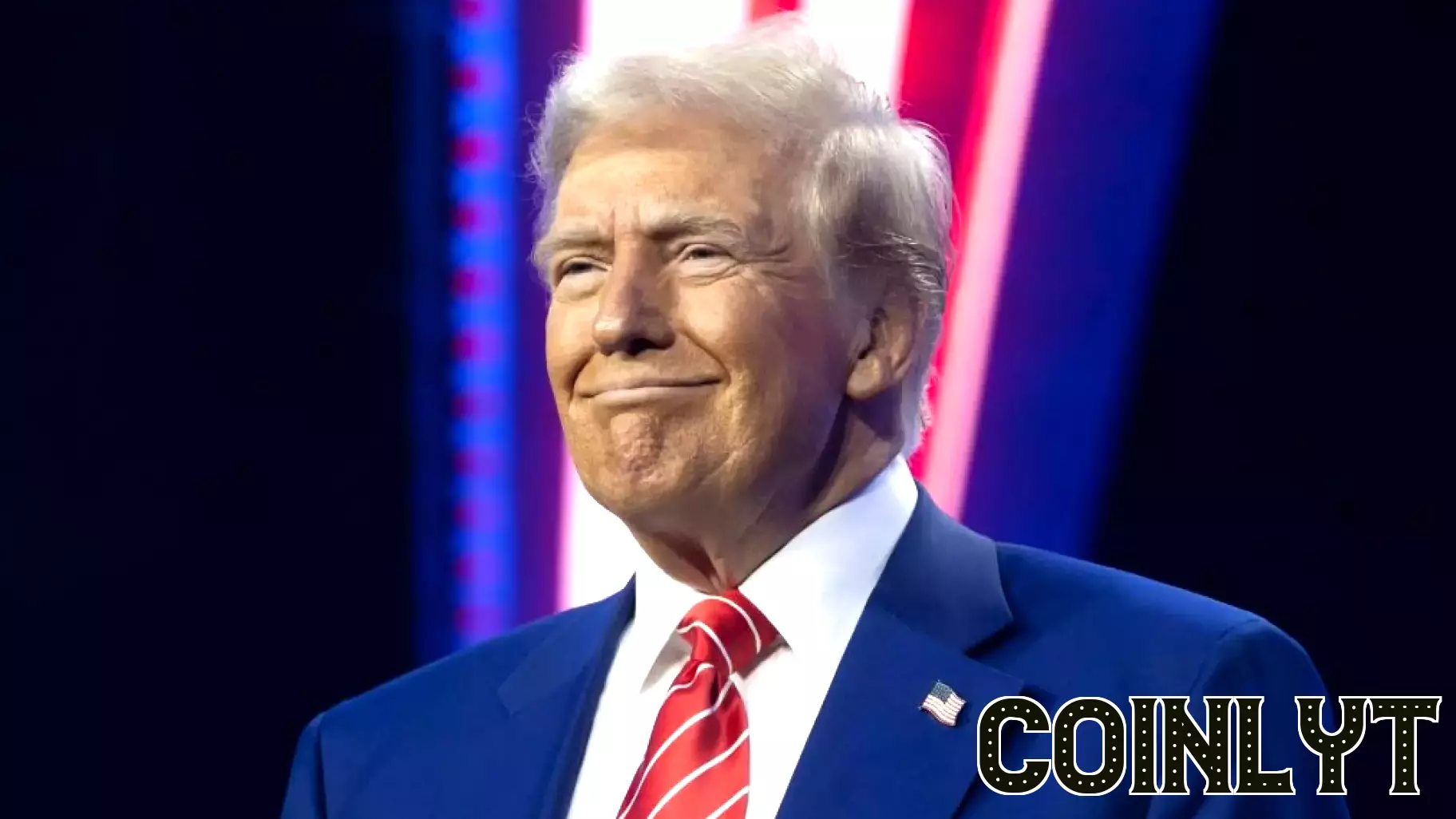January 6, 2025 - 05:15

In a significant shift from historical perspectives, recent analysis suggests that properly implemented tariffs could enhance job opportunities, increase wages, and stimulate the U.S. economy. This viewpoint stands in stark contrast to the negative implications associated with the Smoot-Hawley Tariff Act of 1930, which is often blamed for exacerbating the Great Depression through retaliatory trade measures.
The current economic landscape presents a unique opportunity for tariffs to support domestic industries. By imposing tariffs on imported goods, the government can encourage consumers to purchase American-made products, thereby fostering job creation within the country. This approach not only protects local businesses but also has the potential to elevate wage levels as demand for skilled labor rises.
Moreover, the strategic use of tariffs could lead to a more balanced trade environment, reducing the trade deficit and promoting economic growth. As policymakers consider these measures, the focus will be on crafting tariffs that effectively support American workers while navigating the complexities of global trade dynamics.



